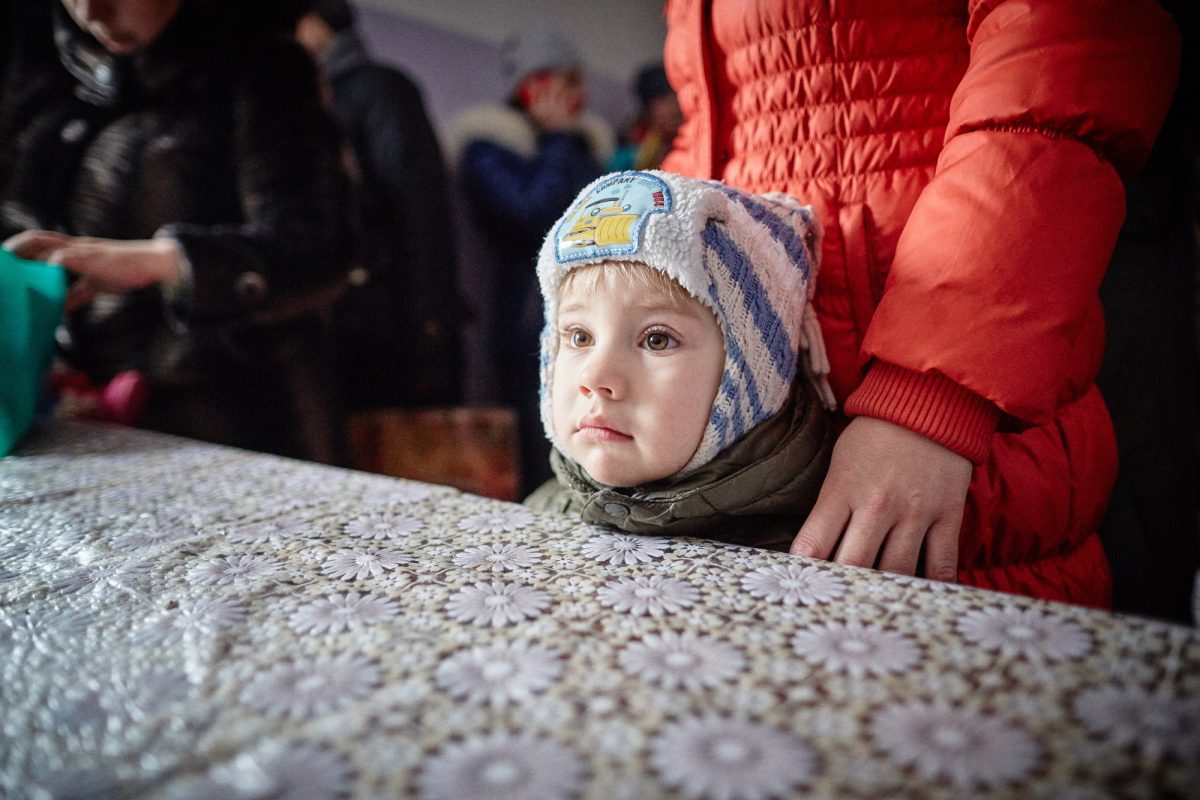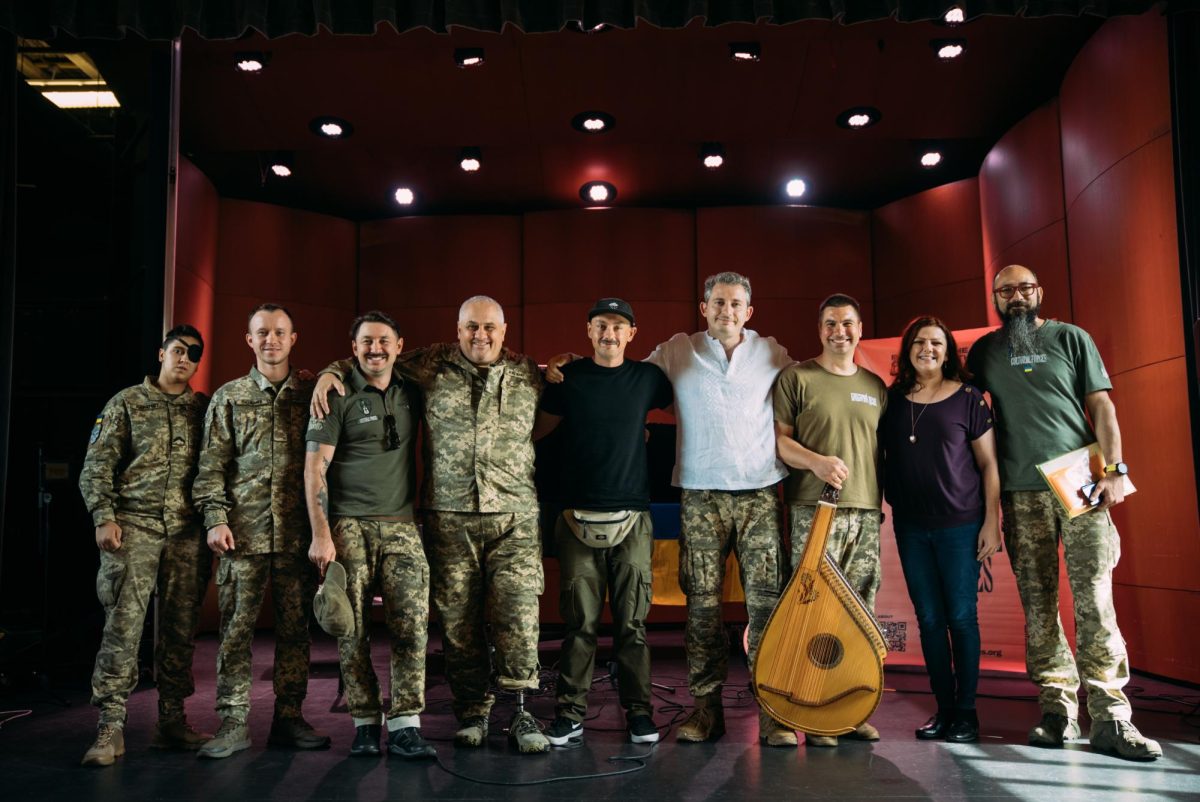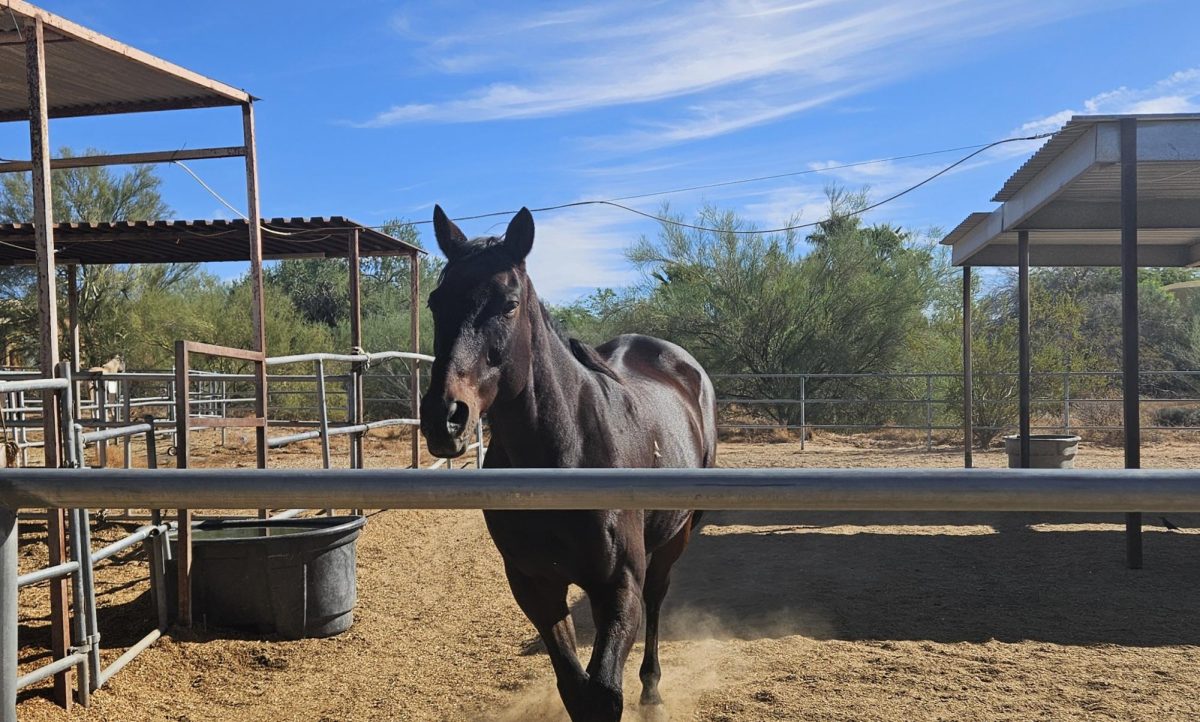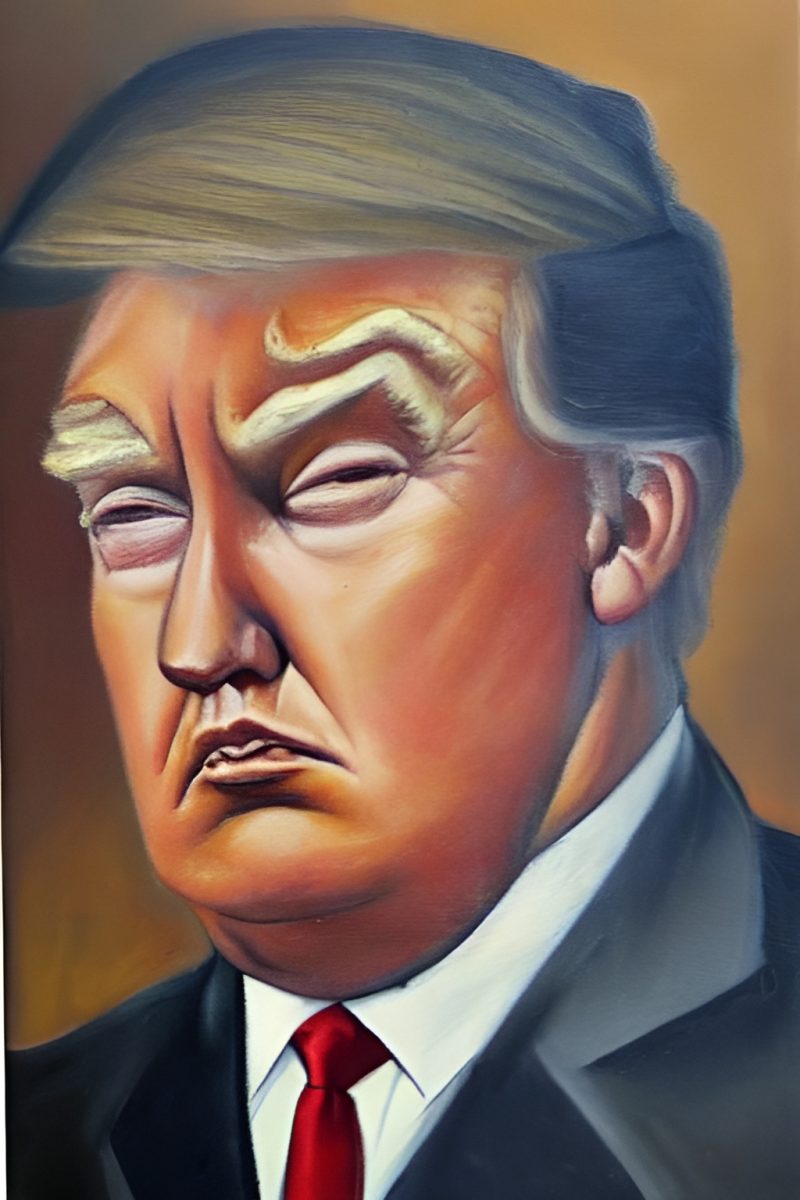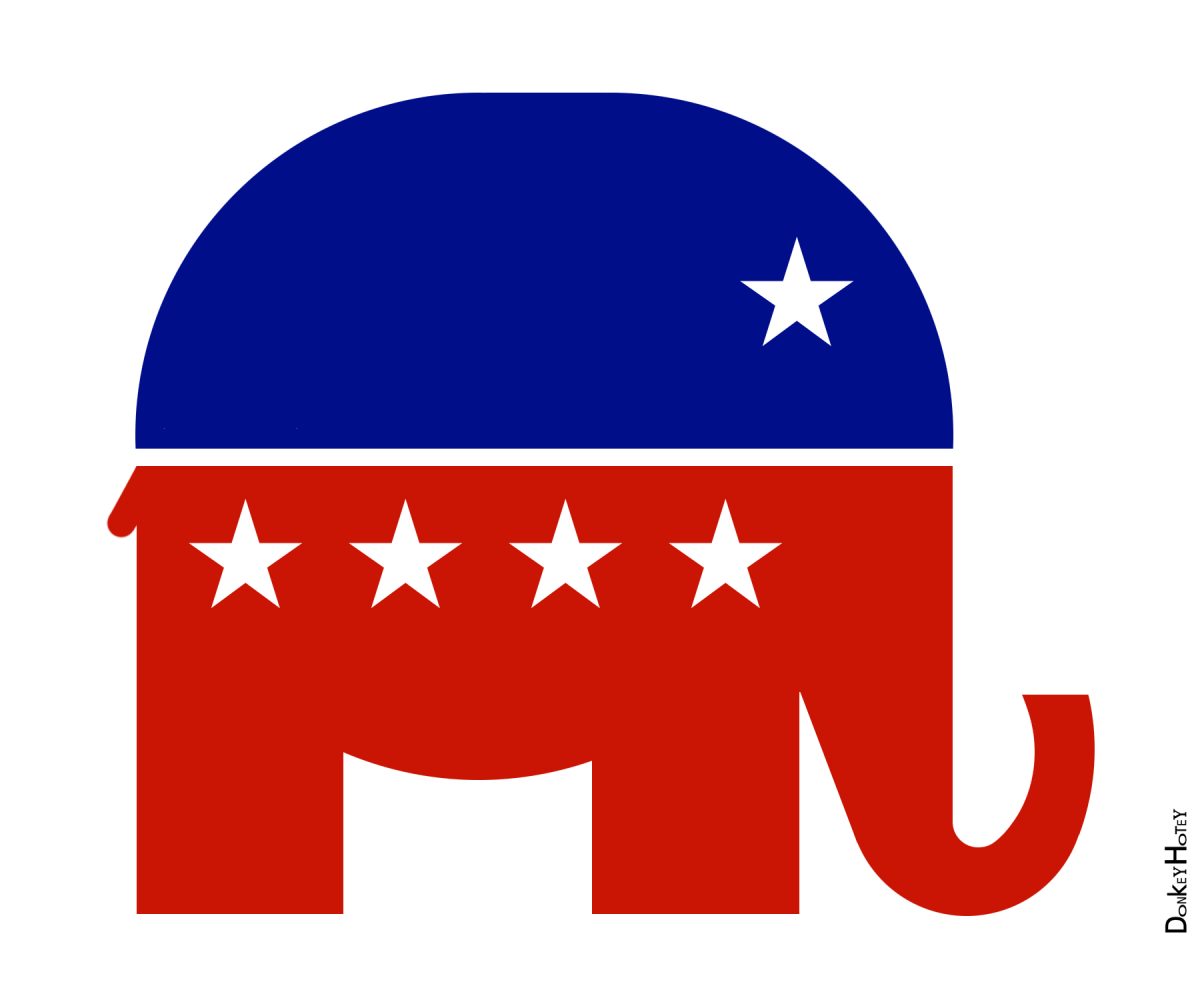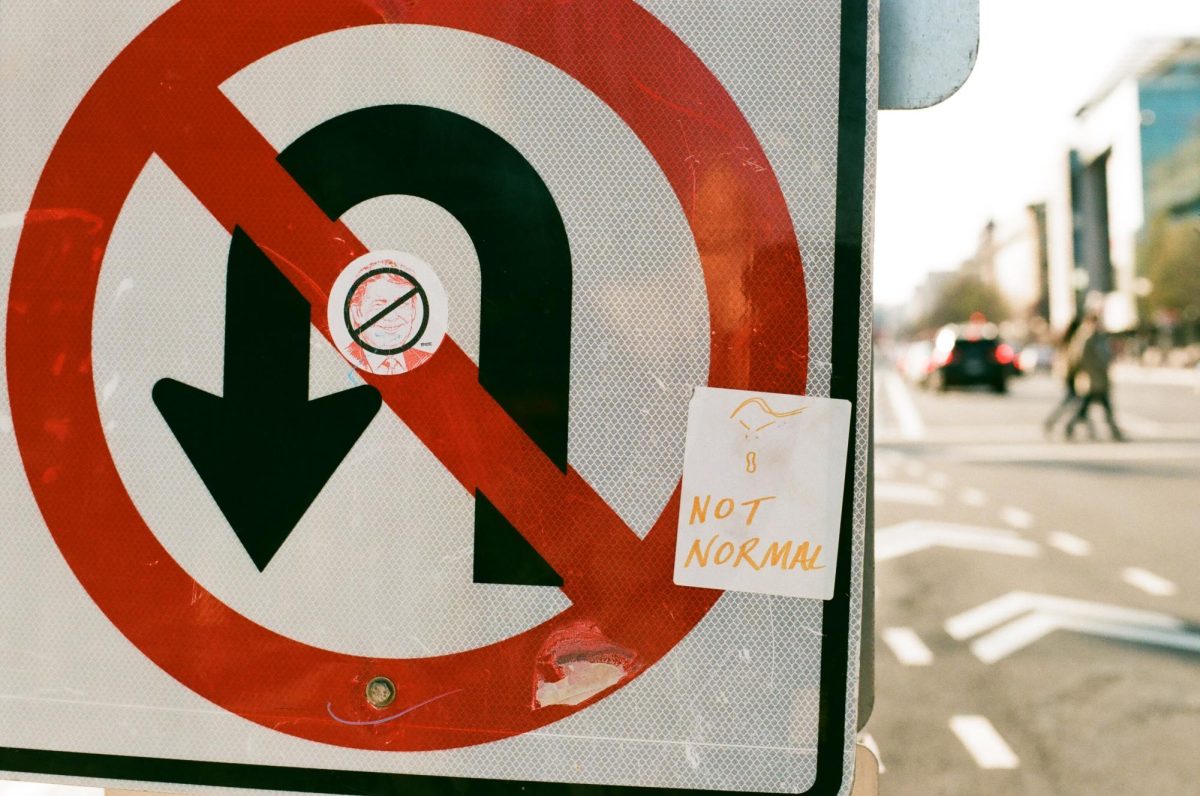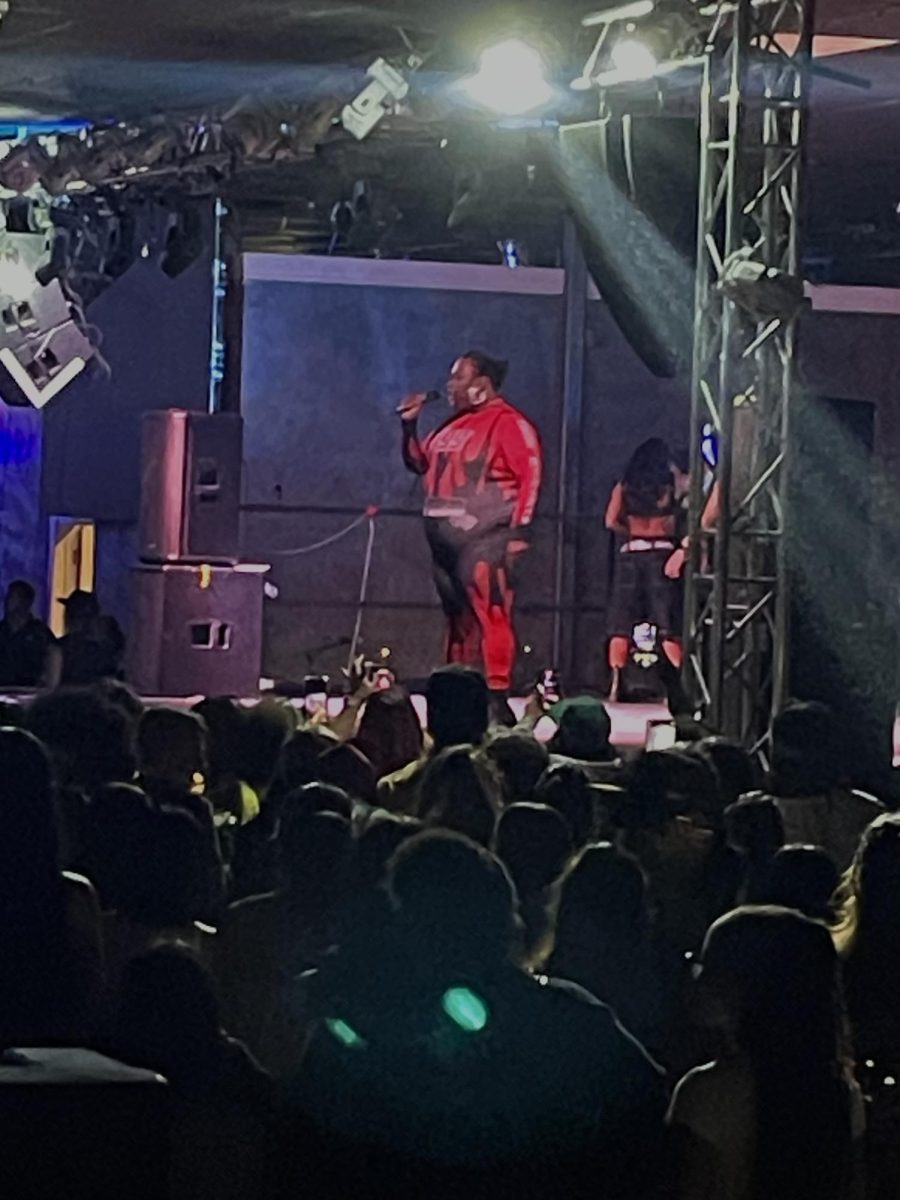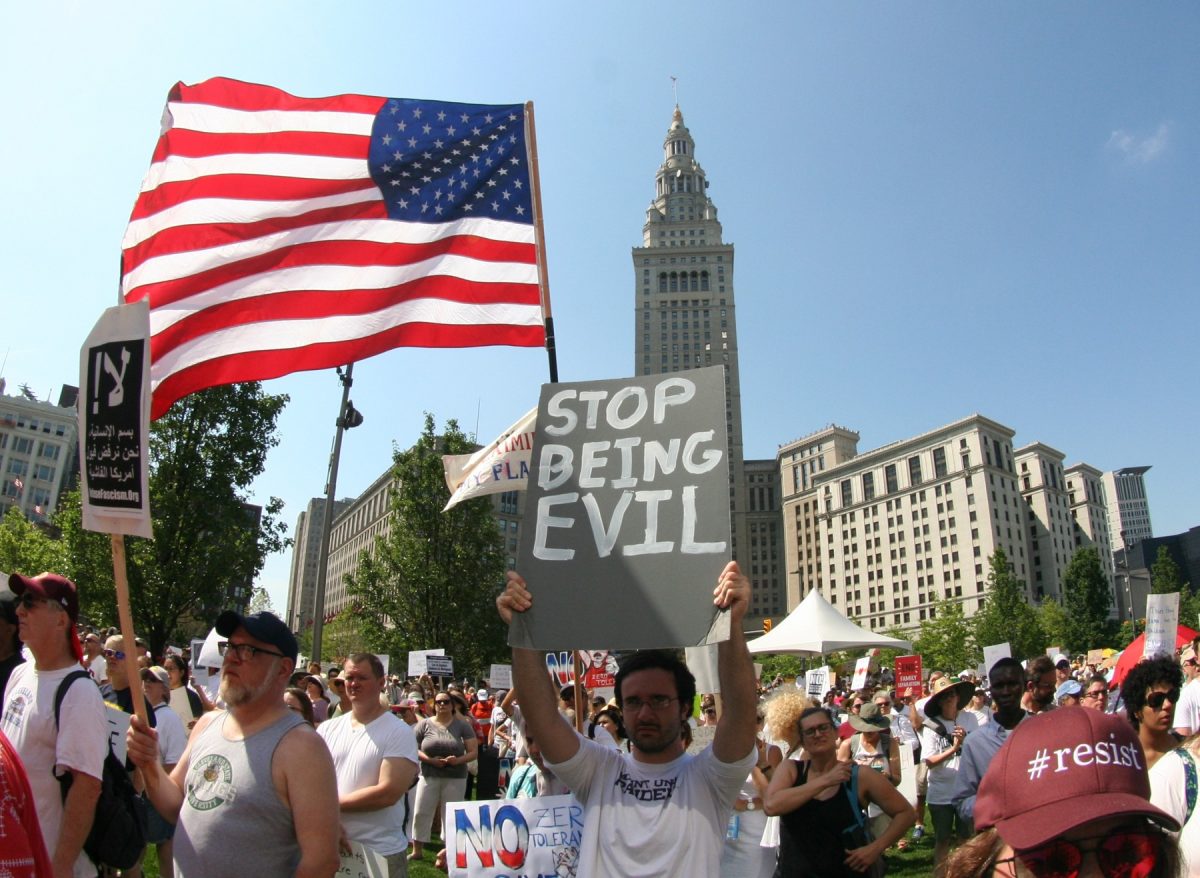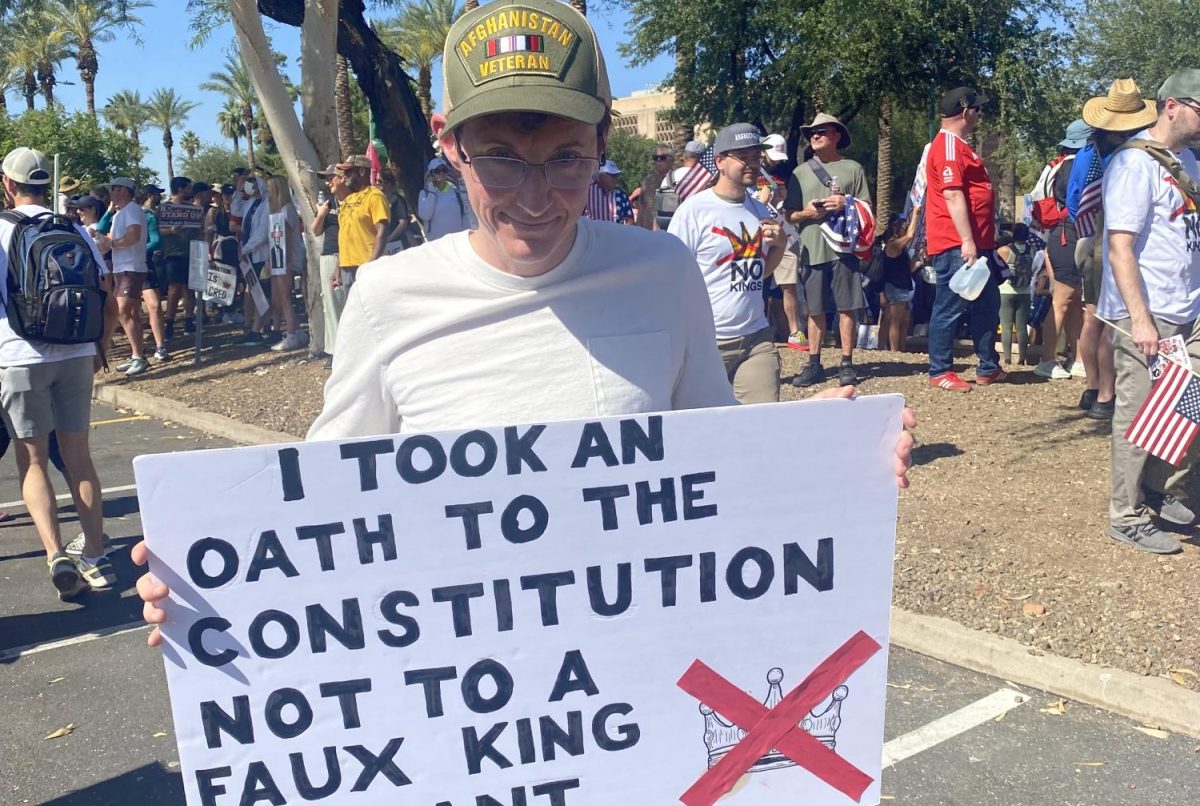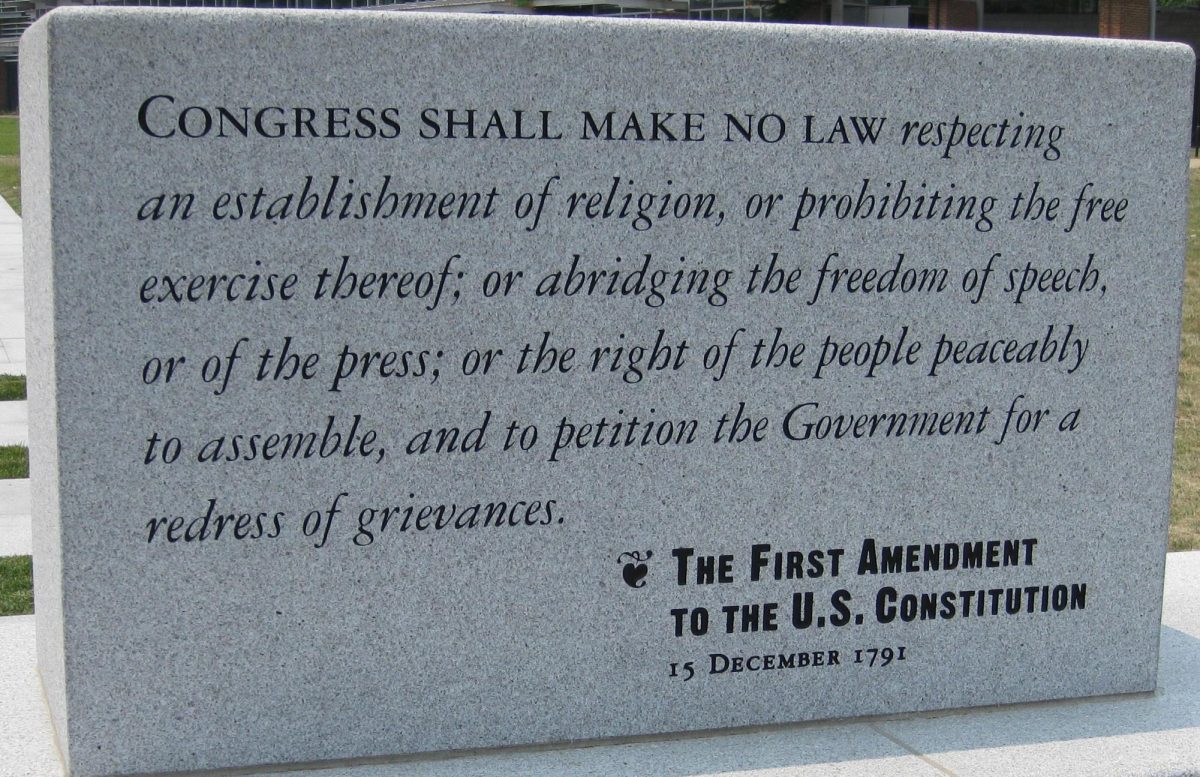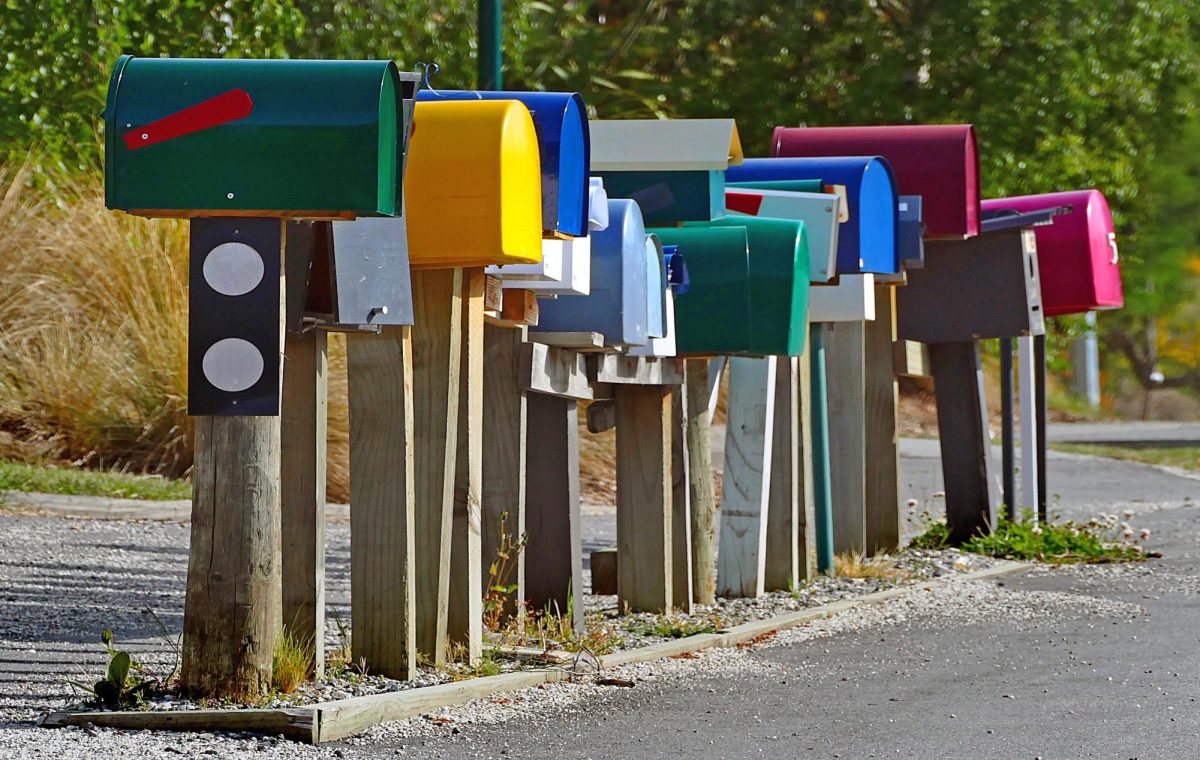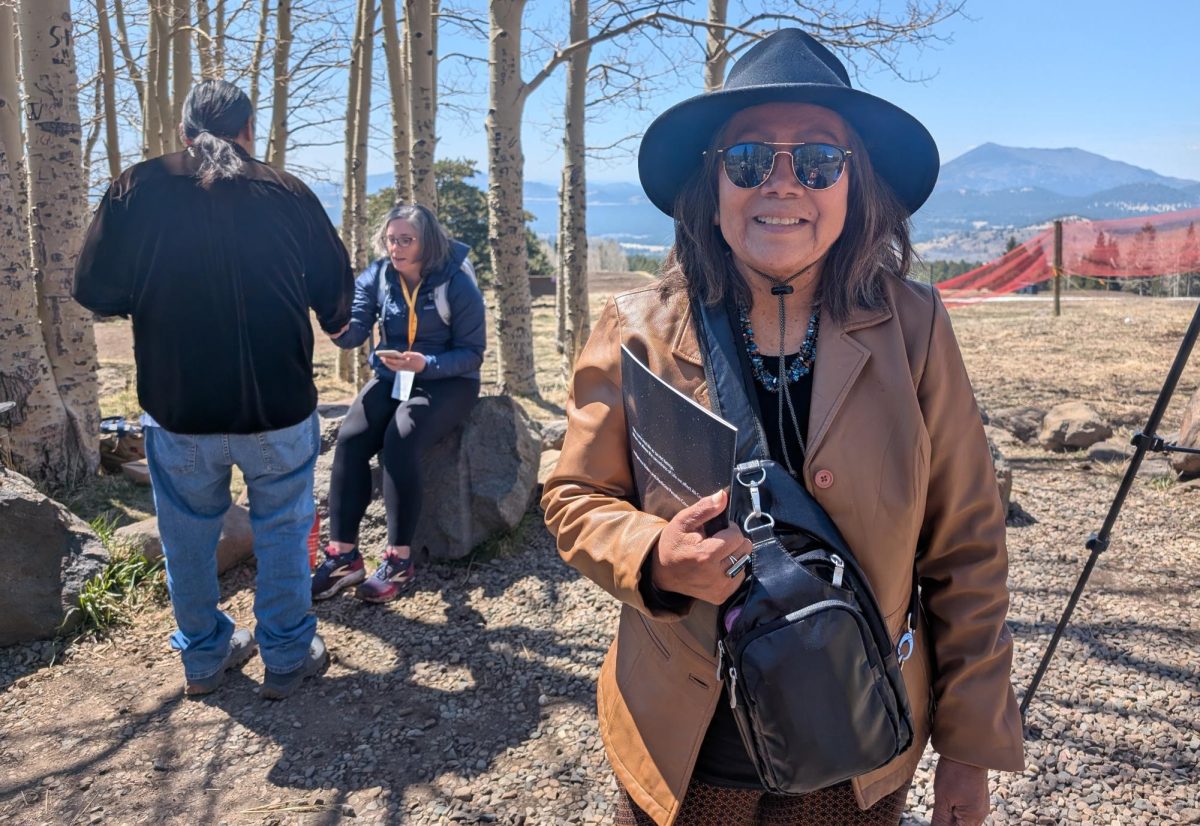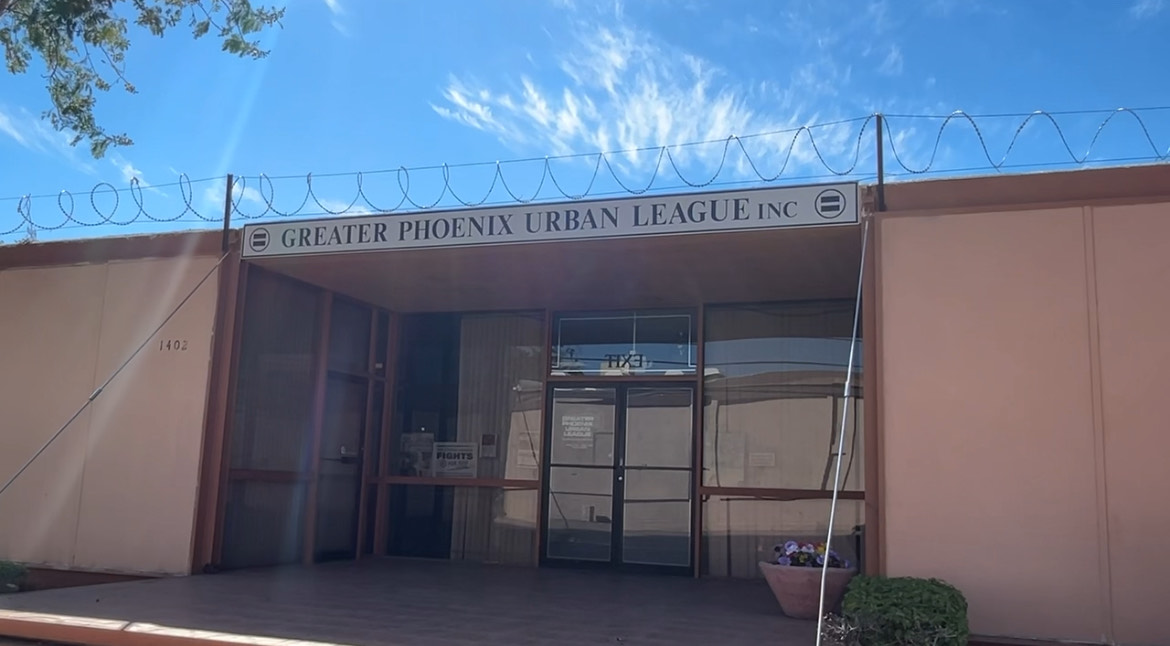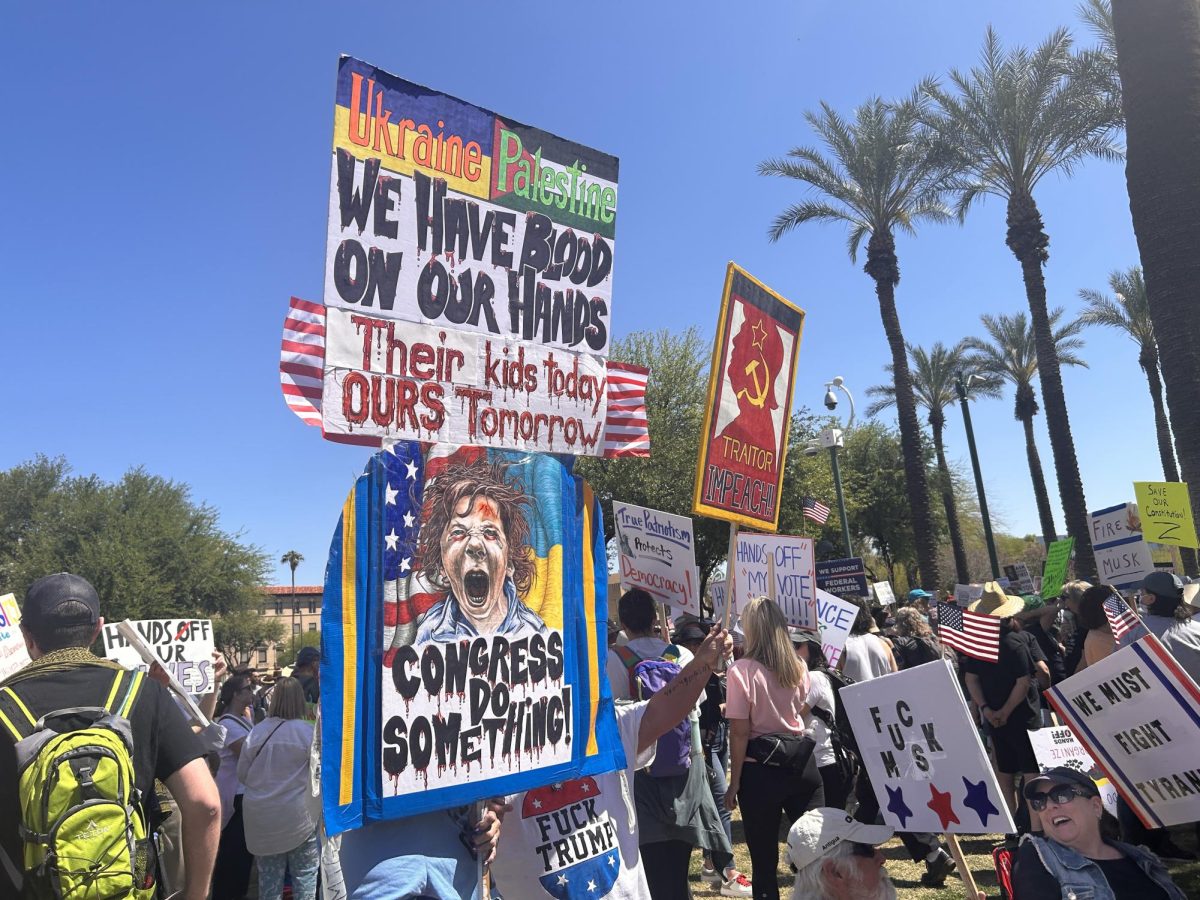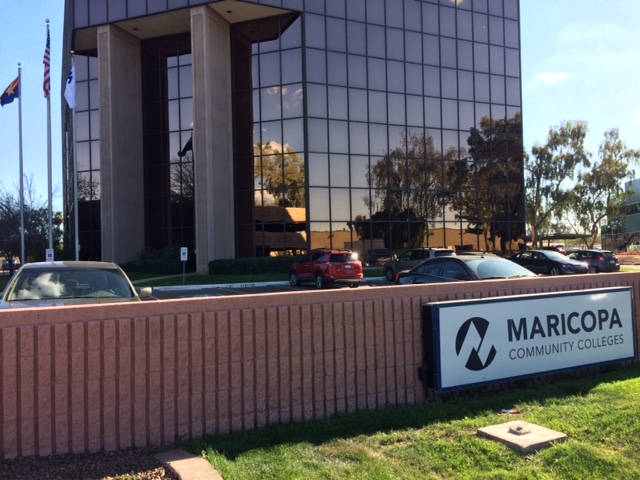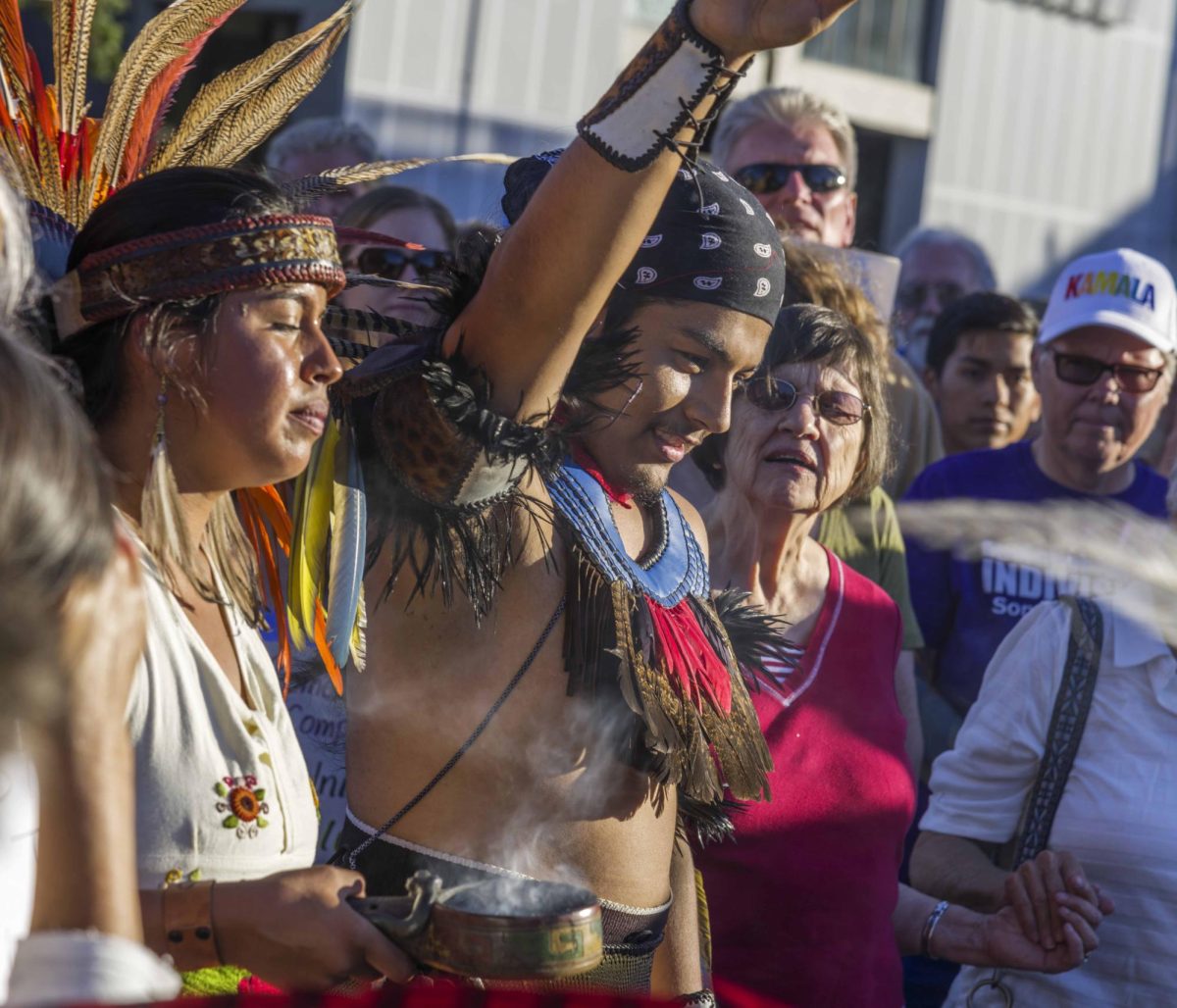This week marks the 69th anniversary of the United Nations World Children’s Day, and with it the celebration of universal children’s rights.
In Ukraine, however, the Russian military is actively deporting Ukrainian children and forcefully erasing their heritage.
World Children’s Day was first acknowledged on November 20, 1954 by the UN to improve children’s welfare. This was followed by the UN General Assembly’s adoption of the Declaration of the Rights of the Child in 1959 and eventually the Convention on the Rights of the Child in 1989.
Despite these policies, the Russian military has deported 19,500 children, identified by Ukraine, since the beginning of their full-scale invasion.
These are just the confirmed cases; other estimates by Maria Lvova-Belova, the Russian Commissioner for Children’s Rights, put the number as high as 700,000 children since the war began in 2014 with Russia’s annexation of Crimea.
Only 386 children have been returned to their families.
While a majority of the kidnapped children are orphans, many are taken from their families in the temporarily occupied territories of Ukraine.
In an interview with Northeast Valley News, Khrystyna Shkudor, Advocacy Manager for the Ukrainian non-profit organization PR Army, shared the story of Sasha, an 11-year-old boy in Mariupol who was taken by Russian military after being separated from his mother in a Bezimenne filtration camp.
“The Russians said that my mother did not need me, that they would give me to a foster family in
Russia. Imagine, they didn’t even let me say goodbye to my mom,” Sasha said in a statement with “The Children of War” platform, a portal created by the Ukrainian Presidential Office’s Ministry of Reintegration and the National Information Bureau.
Children that remain in Russian control are often given to Russian families for adoption, sometimes having their names changed in the process. “You need to understand one thing about Russia: they don’t follow any law. They don’t care,” Shkudor said.
The issue has received attention by the International Criminal Court when they issued arrest warrants for Russian President Vladimir Putin and Lvova-Belova in March.
Lvova-Belova has also been sanctioned by the U.S., Europe, the U.K., Canada and Australia.
Shkudor stated that these condemnations are not enough, and that military support from the U.S. and European nations is imperative.
“Russia will never stop,” Shkudor said.
“To solve the problem we need to make Ukraine win. The main thing is just winning the war.”


